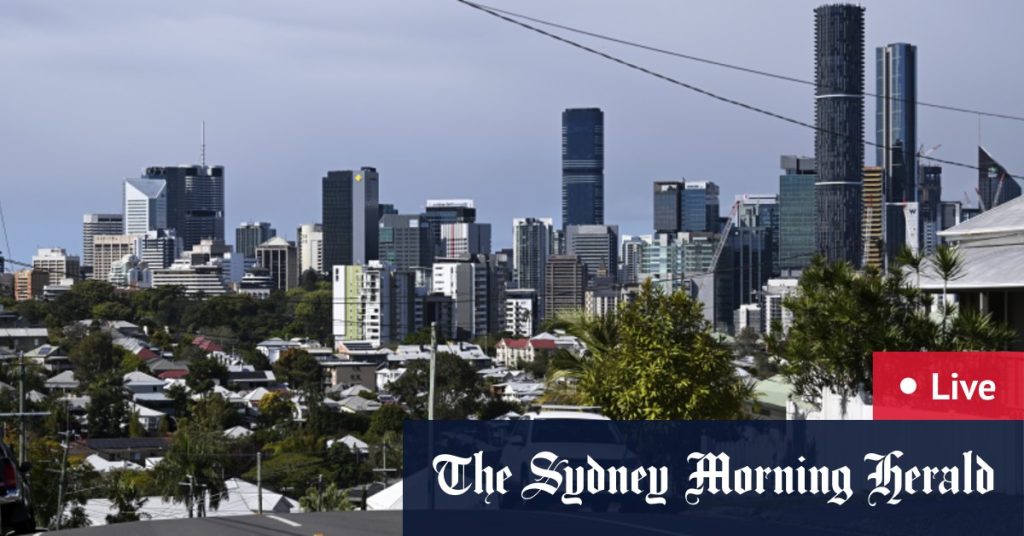Former Queensland LNP senator Gerard Rennick has recently established the Gerard Rennick People First Party, a new political entity with a specific and extensive policy platform. Among his proposals is the creation of an infrastructure bank, managed jointly by the Reserve Bank and the federal Treasury, which would issue bonds to finance the development of various projects including dams, power stations, roads, railways, ports, airports, and telecommunications structures. Rennick also advocates for the reinstatement of a public bank and a government insurance office, in addition to imposing restrictions on private banks’ access to foreign funds for lending purposes.
During a press conference in Canberra, Rennick criticized the major political parties for focusing on inconsequential issues, such as the composition of the Reserve Bank board, instead of addressing the deeper structural imbalances within the economy. He expressed skepticism about the Reserve Bank’s management of monetary policy and questioned the rationale behind allowing “unelected officials” to determine the nation’s interest rates, particularly in light of recent mistakes. Rennick argued that the RBA’s attempts to curb inflation through austerity measures have inadvertently harmed hard-working Australians and that the rapid interest rate reductions implemented during the pandemic have contributed to the current economic challenges.
In addition to his monetary policy concerns, Rennick’s party platform includes proposals to prohibit foreign ownership of residential and agricultural land within Australia, as well as to repatriate the Reserve Bank’s gold reserves from the Bank of England in London to its headquarters in Sydney. These initiatives underscore Rennick’s broader agenda to address issues related to economic sovereignty, national infrastructure development, and financial independence. By advocating for policies that prioritize domestic interests and strengthen Australia’s economic resilience, Rennick aims to differentiate his party from traditional political establishments and offer voters a distinct alternative.
Rennick’s emphasis on economic policy and financial reform reflects his commitment to promoting national self-sufficiency and safeguarding Australia’s assets against external influences. By proposing the establishment of an infrastructure bank and advocating for the repatriation of the Reserve Bank’s gold reserves, Rennick seeks to enhance the country’s capacity for independent growth and development. His critique of the Reserve Bank’s handling of monetary policy and his calls for greater accountability and transparency in economic decision-making demonstrate his intention to challenge prevailing notions of financial management and government oversight.
As Rennick embarks on this new political venture, he faces the challenge of articulating his party’s platform to a wider audience and gaining broader support for his policy proposals. By presenting a detailed economic agenda that addresses key issues such as infrastructure investment, monetary policy, and financial sovereignty, Rennick aims to engage voters and position his party as a viable alternative to the established political mainstream. With his focus on promoting economic stability and national security, Rennick’s People First Party may resonate with voters seeking innovative solutions to Australia’s economic challenges and a departure from conventional political discourse. Ultimately, Rennick’s vision for economic reform and his commitment to advancing Australia’s interests provide a compelling narrative for his nascent political movement.


